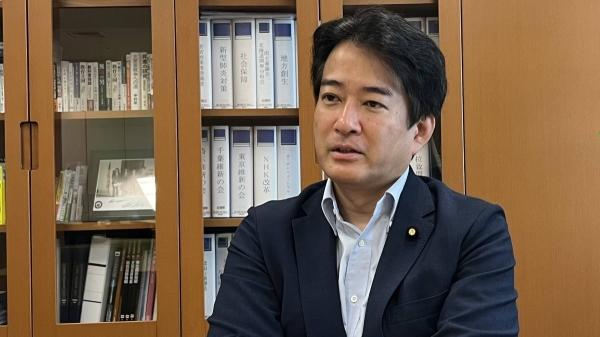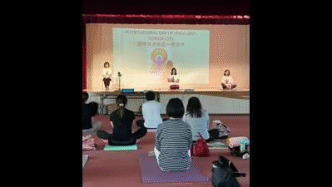In a major step toward addressing Japan’s deepening labor shortage, the first group of Indian nursing care workers is set to begin work in Japan next month. Trained under a partnership between Japan’s Sompo Care and India’s National Skill Development Corporation (NSDC), this initiative marks a new chapter in international workforce collaboration.
The selected caregivers completed a nine-month training program near New Delhi, which included Japanese language instruction and hands-on practice using care equipment imported from Japan. This specialized centre was launched in August 2024 by Sompo Care and aims to train 100 Indian caregivers annually, with a target of 1,000 by 2040.
In April, nine students graduated from the first batch. Eight of them passed Japan’s rigorous ‘Specified Skills’ test, qualifying for both employment and residency in the country. These caregivers are expected to begin working in Japanese care facilities as early as July 2025.
Notably, Sompo Care has promised equal pay for Indian workers and has committed to promoting high performers to management positions—a move aimed at long-term integration and career growth.
Japan, grappling with an ageing population and a shrinking workforce, is forecast to face a shortfall of 570,000 nursing care workers by 2040. The country has already taken steps to extend retirement age and retain elderly workers, but the demand far exceeds local supply—especially in healthcare and construction.
With India’s youthful and abundant workforce, this caregiver pipeline is being seen as a sustainable solution to meet Japan’s growing needs, while also offering promising overseas employment to Indian youth.
FAQs:
Q1: What qualifications do Indian caregivers need to work in Japan?
A: They must complete a nine-month training program including Japanese language and care skills, and pass the ‘Specified Skills’ test conducted in Japan.
Q2: Will Indian caregivers be paid equally as Japanese workers?
A: Yes, Sompo Care has confirmed that Indian caregivers will receive the same salary as their Japanese counterparts and may also be promoted to managerial roles based on performance.

















